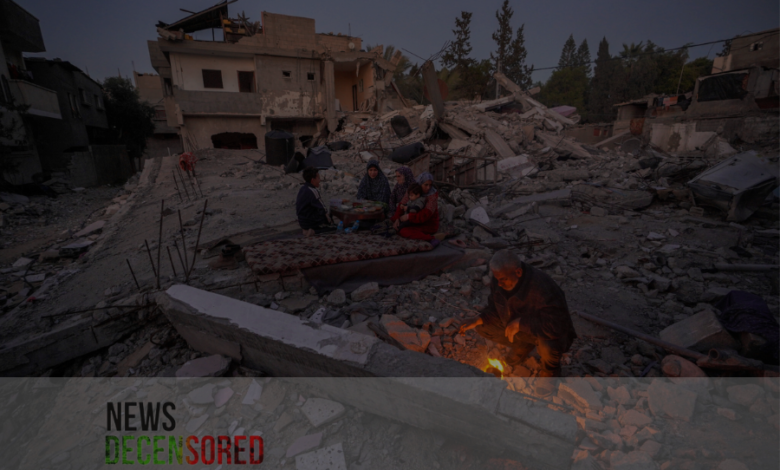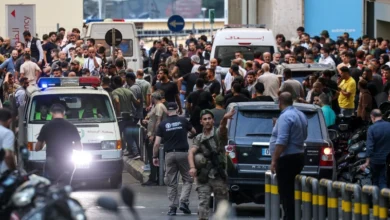‘The goal is to destroy Gaza’: Why Israel rejects a ceasefire with Hamas

As violence is getting worse day by day between Israel and Hamas, and seeing this situation, the chance of a ceasefire seems far away. Many international countries and groups are asking for de-escalation and diplomatic efforts to calm down the ceasefire agreement, but Israel has kept on and is continuously rejecting such proposals. The question arises: Why won’t Israel consider a ceasefire with Hamas?
Israel doesn’t want to agree to a ceasefire with Hamas because he sees Hamas as a severe threat. Israel’s long-standing policy of controlling Gaza is one of the main reasons for this severe threat. The militant group governing the Gaza Strip is an existential threat due to its record of carrying out attacks against Israeli civilians. Israel worries that if there’s a ceasefire, then Hamas will have breathing room to rearm and regroup, which will make Israel less safe for a more extended period.
According to the thinking of Israel’s leaders, a solid military attack is significant to make Hamas weaker and stop them from creating further trouble in the future. Israeli leaders argue that only by putting the stress on Hamas can they create peace for a longer time. That’s why they are saying no to a ceasefire as part of their strategy.
Additionally, Israel’s rejection of a ceasefire with Hamas can be understood within the broader geopolitical context of the Israeli-Palestinian conflict. The conflict is deeply entrenched in decades of territorial disputes, historical grievances, and competing nationalist aspirations. For Israel, any ceasefire agreement must address not only the immediate cessation of hostilities but also the underlying causes of the conflict, including Hamas’ refusal to recognise Israel’s right to exist and its commitment to armed resistance.
Moreover, the conflict between Israel and Hamas has deep roots in a long history of disputes, and it can be understood by knowing the vast history of the Palestine and Israeli conflict, which has been for a longer time. For Israel, agreeing to a ceasefire isn’t just about stopping the fighting for now but also about handling more extensive and complicated reasons behind it, as well as their agreement to fight with weapons.
Furthermore, in recent years, some analysts have argued that Israel’s rejection of a ceasefire is due to its political issues because Israeli politics have become divided badly, with right-wing parties advocating for a strict approach against Hamas. By seeing this situation, the Israeli government may want to avoid making deals that may make Israel physically weak, particularly in the lead-up to national elections, while setting up a new government.
Critics of Israel’s refusal to consider a ceasefire just keeps the violence going, saying that such a stance only perpetuates the cycle of violence and makes life hard for people of both the Palestinians and Israel. According to their thinking, the military force cannot handle the situation of sorrow, which helps to fuel the conflict and ask for a more innovative approach that for sure listens to the problems of both Israel and Palestinians.




